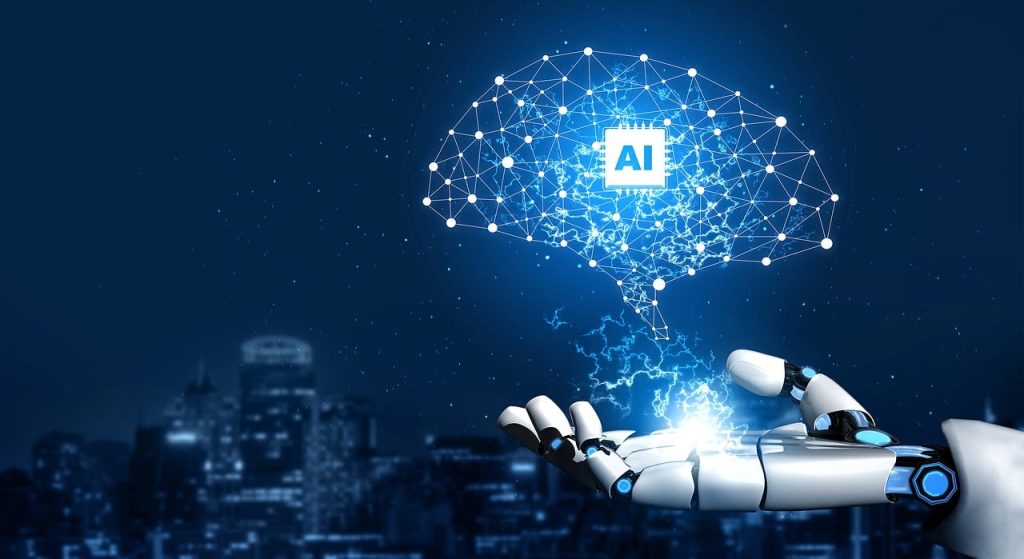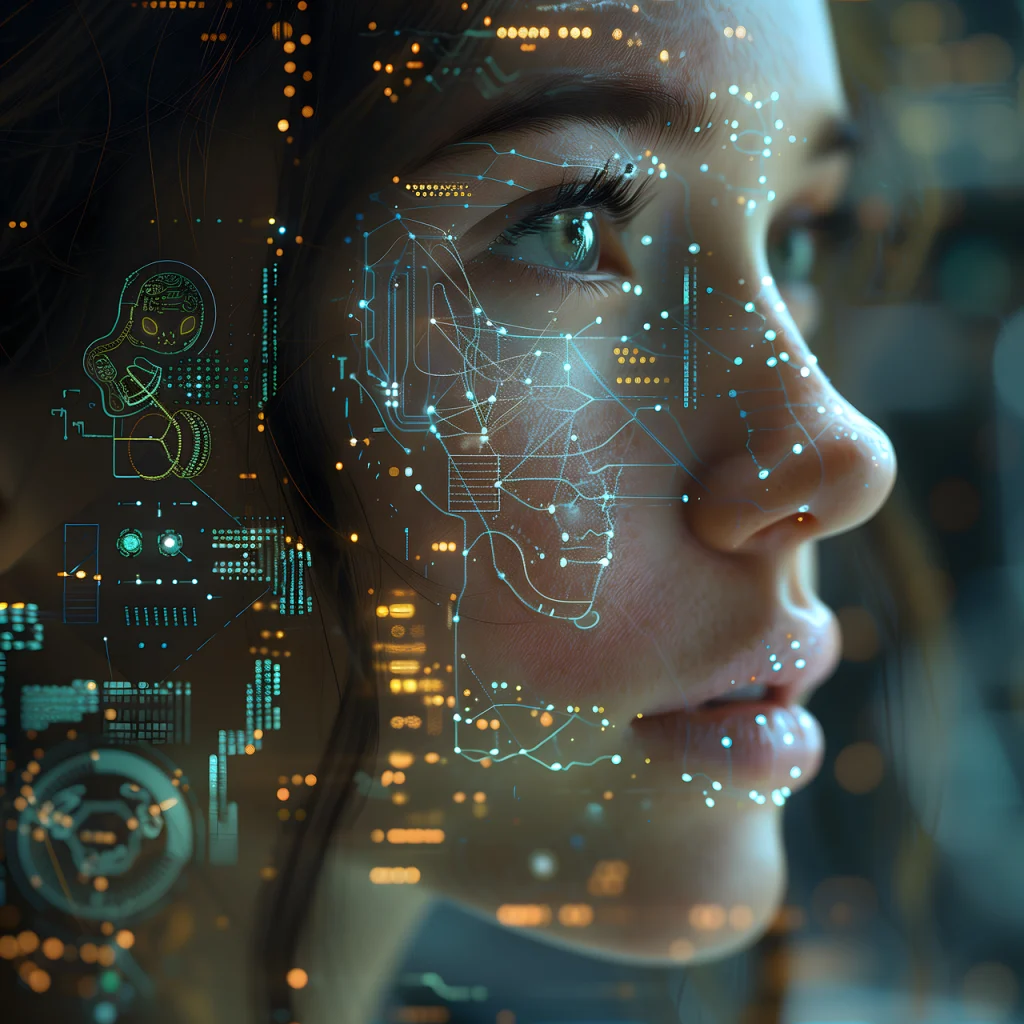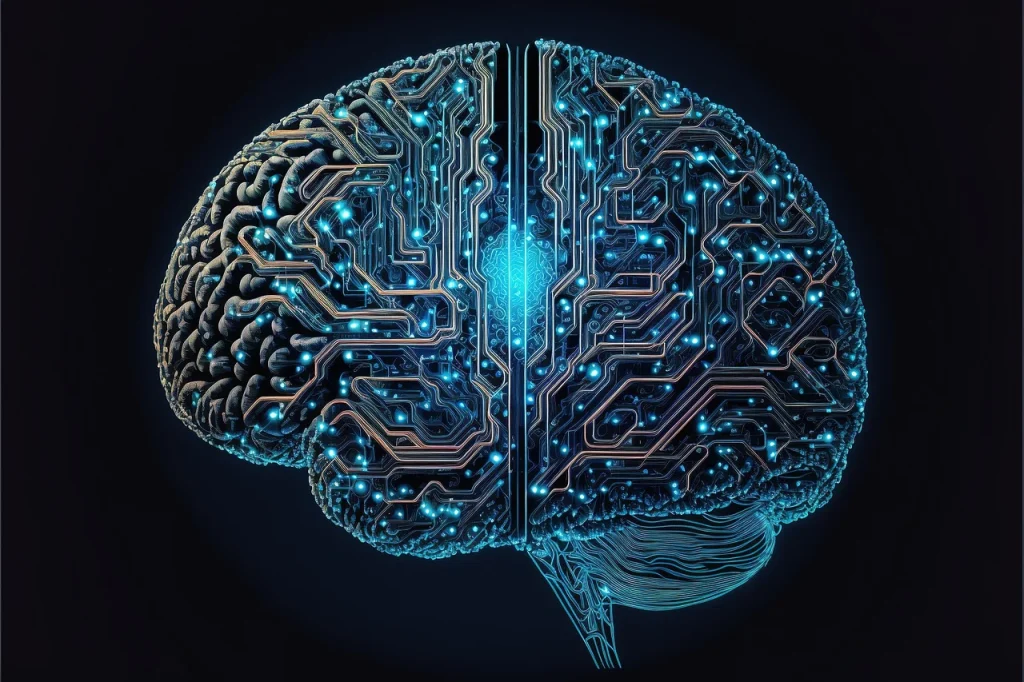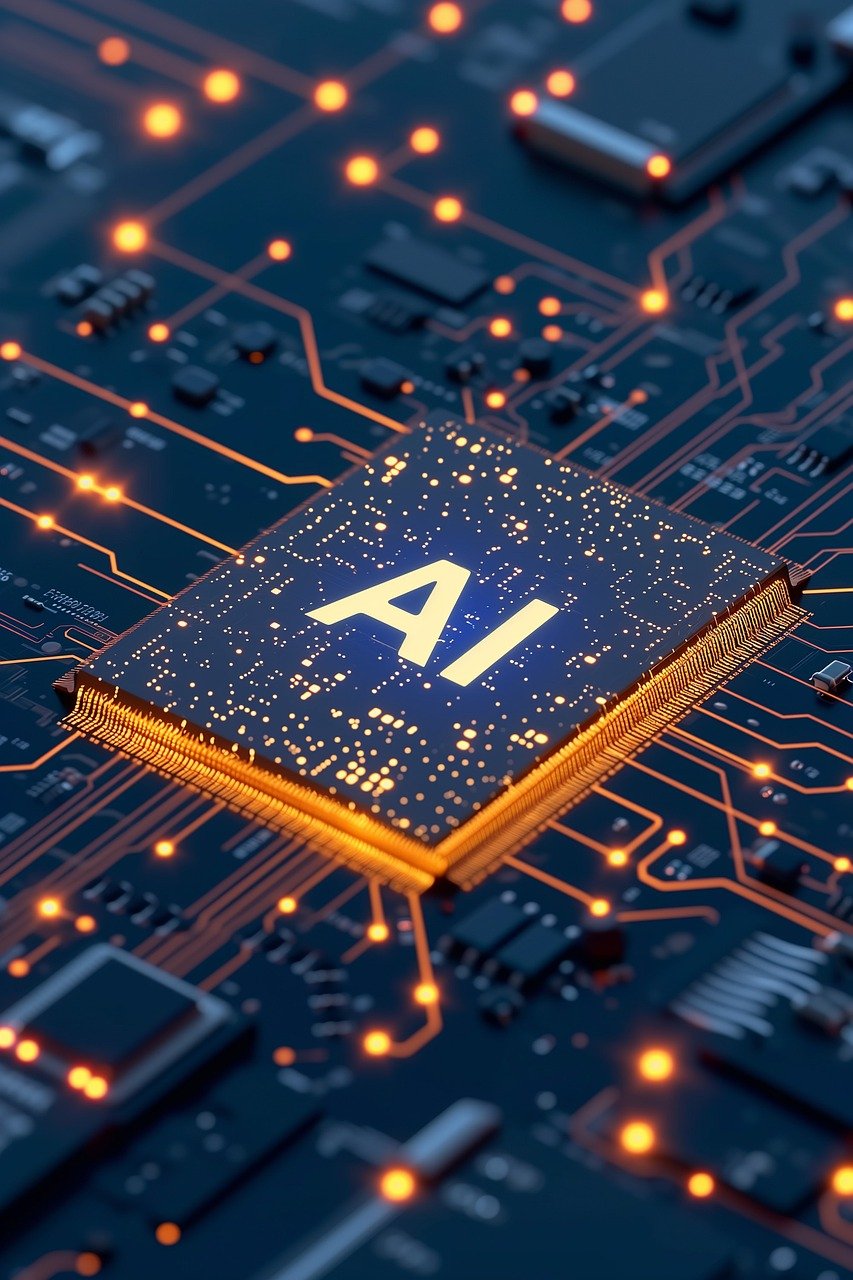Introduction
Artificial Intelligence (AI) has emerged as one of the most transformative technologies of the 21st century. From healthcare and finance to entertainment and transportation, AI is reshaping industries and redefining what is possible. This article explores the evolution, current applications, and future potential of AI, highlighting its profound impact on society.

Understanding Artificial Intelligence
Artificial Intelligence refers to the simulation of human intelligence processes by machines, particularly computer systems. These processes include learning (acquiring information and rules for using it), reasoning (using rules to reach approximate or definite conclusions), and self-correction. AI can be categorized into two main types:
- Narrow AI (Weak AI): Designed and trained for a specific task, such as facial recognition or internet searches. It operates under a limited set of constraints and capabilities.
- General AI (Strong AI): A theoretical form of AI that possesses the ability to understand, learn, and apply knowledge in a way that is indistinguishable from human intelligence. General AI remains a topic of ongoing research and has not yet been achieved.
Historical Background
The concept of AI has roots dating back to ancient myths and stories of artificial beings endowed with intelligence. However, the formal study of AI began in the mid-20th century. Key milestones include:
- 1956: The term “Artificial Intelligence” was coined at the Dartmouth Conference, where researchers discussed the potential of machines to simulate human intelligence.
- 1960s-70s: Early AI research focused on problem-solving and symbolic methods, leading to the development of the first AI programs.
- 1980s: The advent of expert systems, which used AI to simulate the decision-making process of human experts in specific fields.
- 1990s: AI research shifted towards machine learning, enabling systems to learn from data and improve over time.
- 2000s-Present: Advances in computational power, big data, and neural networks have led to significant breakthroughs in AI capabilities, particularly in deep learning.
Current Applications of AI
AI is now integrated into numerous aspects of daily life and industry, offering innovative solutions and efficiencies:
- Healthcare: AI is revolutionizing healthcare with applications such as diagnostic imaging, personalized medicine, drug discovery, and robotic surgery. AI algorithms analyze medical images to detect diseases with high accuracy, and predictive analytics help in identifying potential health risks.
- Finance: In the financial sector, AI is used for fraud detection, algorithmic trading, credit scoring, and customer service through chatbots. AI systems analyze vast amounts of data to detect suspicious activities and make investment decisions in real-time.
- Transportation: AI is driving advancements in autonomous vehicles, traffic management, and logistics. Self-driving cars use AI to navigate and make real-time decisions, while AI-powered systems optimize routes for delivery services.
- Retail: AI enhances the retail experience through personalized recommendations, inventory management, and customer service. E-commerce platforms use AI to analyze consumer behavior and suggest products, while AI-powered chatbots assist customers in real-time.
- Entertainment: AI is transforming entertainment with content recommendation engines, video game AI, and virtual assistants. Streaming services use AI to suggest movies and shows based on user preferences, and AI-driven characters enhance the gaming experience.

Challenges and Ethical Considerations
Despite its benefits, AI presents several challenges and ethical considerations that need to be addressed:
- Bias and Fairness: AI systems can perpetuate biases present in training data, leading to unfair outcomes. Ensuring fairness and transparency in AI algorithms is critical.
- Privacy: The use of AI in data analysis raises concerns about privacy and data security. Safeguarding personal information is paramount in AI applications.
- Job Displacement: Automation powered by AI has the potential to displace jobs, particularly in sectors like manufacturing and customer service. Addressing the economic and social impact of AI-driven automation is essential.
- Accountability: As AI systems become more autonomous, determining accountability for their actions becomes complex. Establishing clear guidelines and regulations is necessary to manage AI’s impact on society.
The Future of AI
The future of AI holds immense promise, with ongoing research and development pushing the boundaries of what is possible:
- AI and Human Augmentation: AI will increasingly augment human capabilities, enhancing decision-making, creativity, and productivity.
- General AI: While still theoretical, achieving General AI remains a long-term goal that could revolutionize every aspect of human life.
- AI in Science and Research: AI will play a crucial role in scientific discoveries, from understanding complex biological systems to exploring space.
- Ethical AI: The development of ethical AI frameworks will ensure that AI technologies are designed and used responsibly.

Conclusion
Artificial Intelligence is a powerful force driving innovation and transformation across various sectors. While it presents challenges, the potential benefits of AI are vast, offering solutions to some of the most pressing problems facing humanity today. As AI continues to evolve, it is essential to address ethical considerations and ensure that this transformative technology is harnessed for the greater good.


